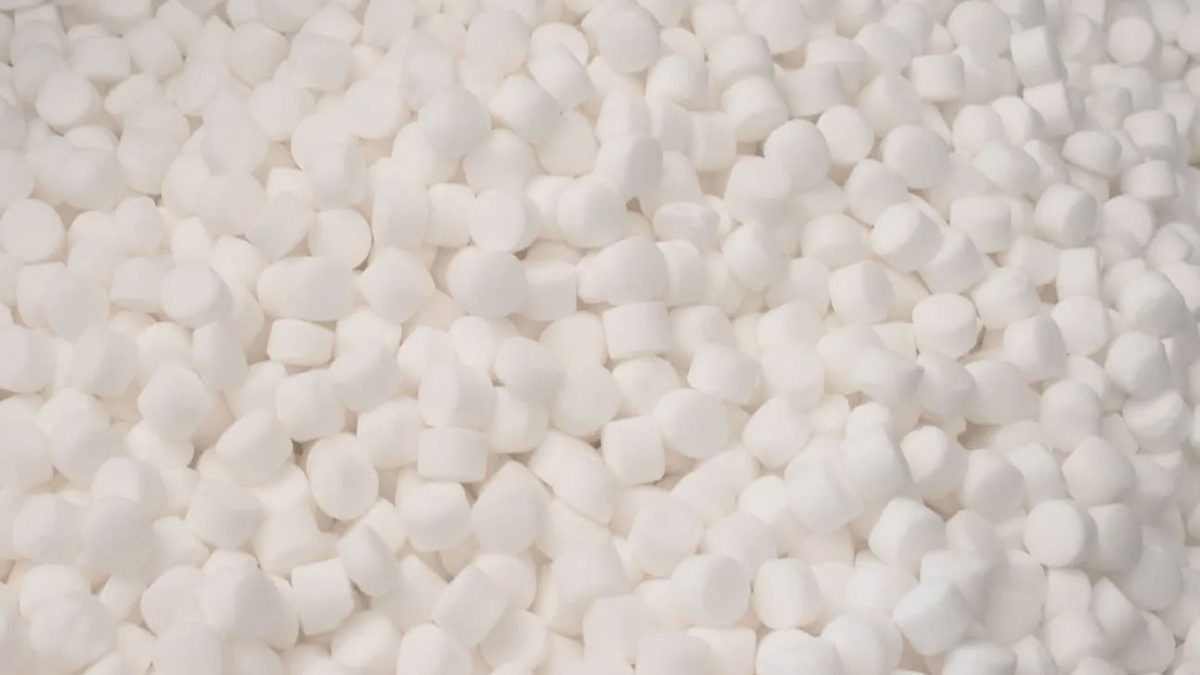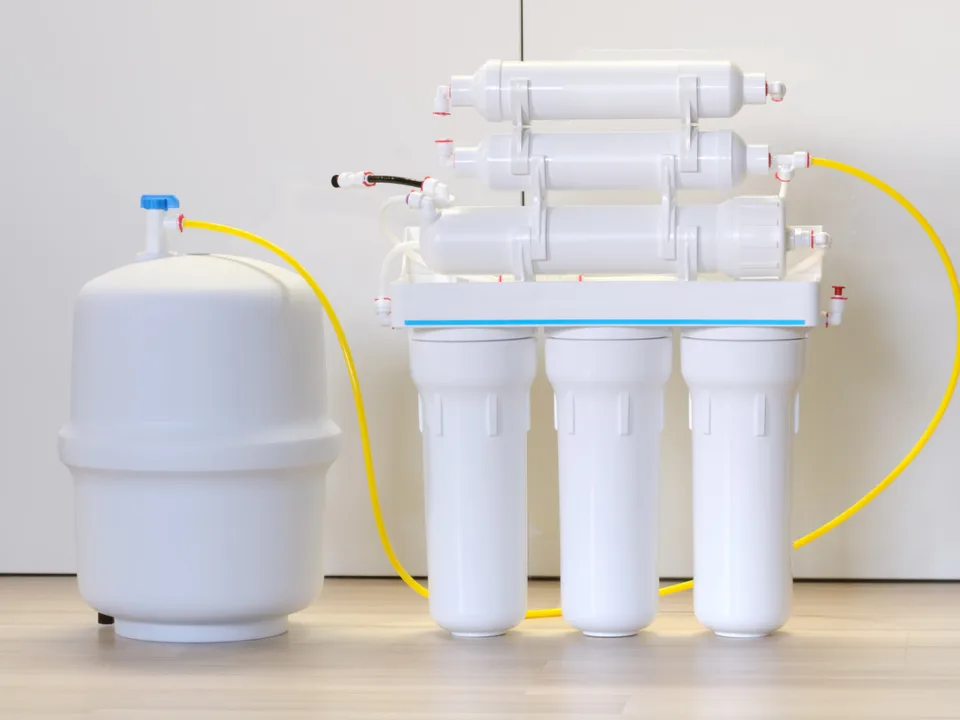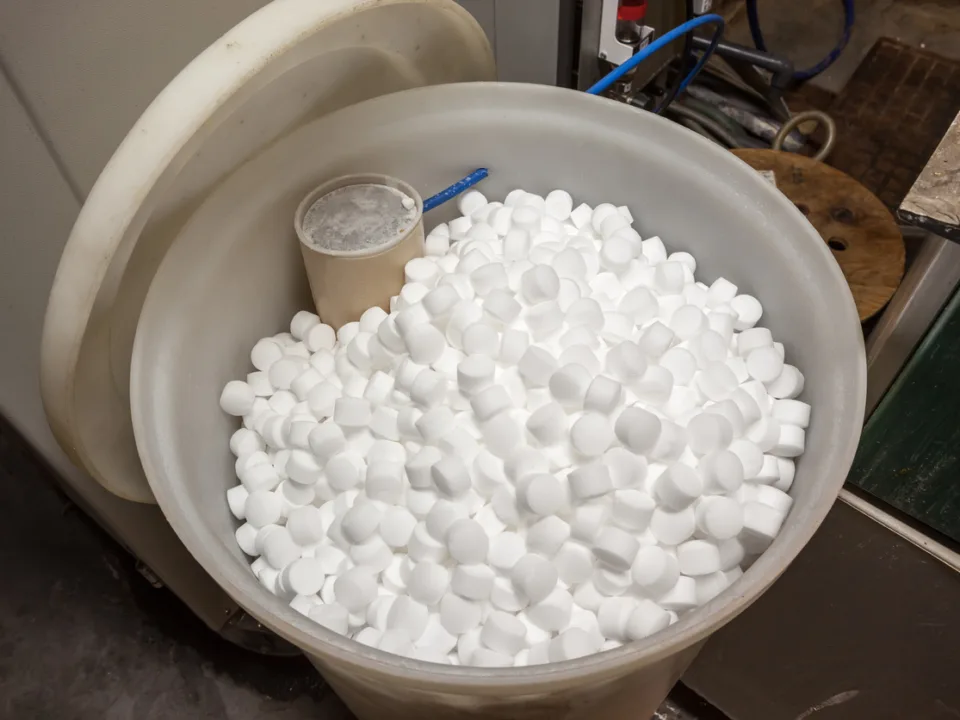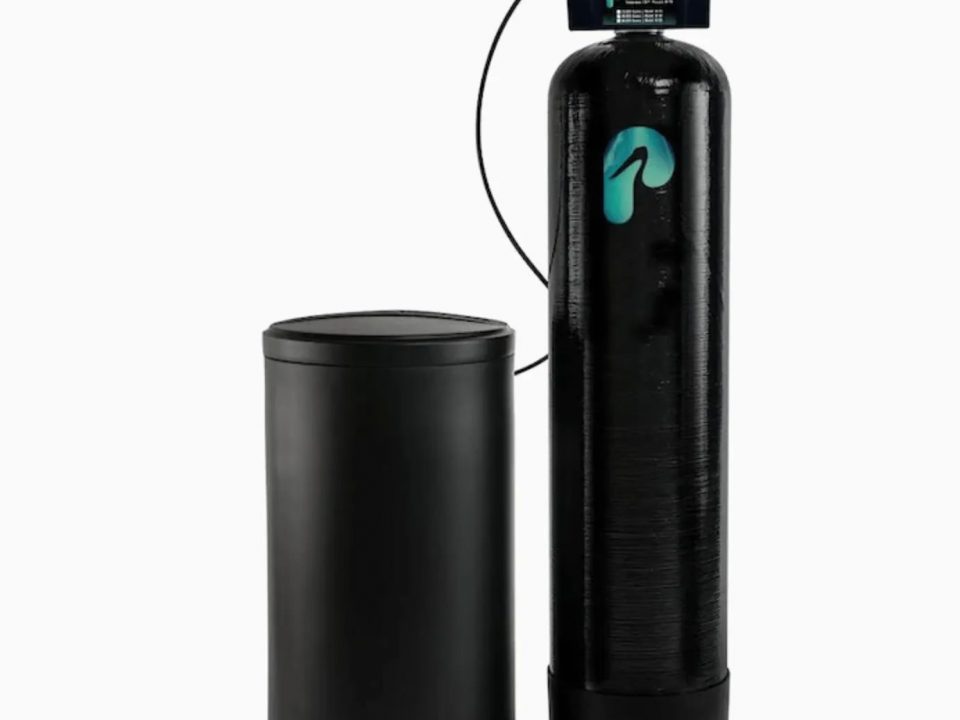As a resident of Houston, Texas, you may have noticed that your tap water is hard. Hard water is caused by an excess of minerals, particularly calcium and magnesium. While hard water is not dangerous to consume, it can have negative effects on your plumbing and home appliances. This is where a water softener comes in. In this blog, we’ll cover everything you need to know about water softeners.
What is a water softener system? How does it work?
A water softener is a device that removes minerals from water. It works by running hard water through a resin tank filled with resin beads that are coated with sodium ions. The minerals in the water, such as calcium and magnesium, are attracted to the resin beads and stick to them, while the sodium ions are released into the water. The softened water then flows into your home for use.
The resin beads become saturated with minerals over time and need to be regenerated. This is done by flushing the resin tank with a brine solution, which consists of sodium chloride (salt) and water. The brine solution displaces the minerals on the resin beads, and they are then flushed out of the system.
What is water hardness?
Water hardness is a measure of the amount of minerals, particularly calcium and magnesium, in your water. Hard water can cause problems such as mineral buildup in pipes and appliances, as well as soap scum on dishes and clothing.
Water hardness is measured in grains per gallon (GPG) or parts per million (PPM). In Houston, the water hardness can range from 120-250 PPM, which is considered moderately hard to very hard.
What are the benefits of using a water softener?
Using a water softener can have numerous benefits, including:
- Improved lifespan of plumbing and appliances: Hard water can cause mineral buildup in pipes and appliances, leading to clogs, reduced efficiency, and a shorter lifespan. A water softener can prevent these issues by removing minerals from the water.
- Softer skin and hair: Hard water can dry out your skin and hair, leading to itchiness and flakiness. Soft water, on the other hand, can help your skin and hair retain moisture, leaving them feeling softer and smoother.
- Better tasting water: Softened water can taste better than hard water, as it doesn’t have the mineral taste that can make water taste bitter or metallic.
What are the drawbacks of using a water softener?
While there are many benefits to using a water softener, there are also some potential negatives to consider:
- Increased sodium in water: Water softeners replace calcium and magnesium with sodium, which can increase the sodium content of your drinking water. This can be a concern for people on low-sodium diets.
- Maintenance requirements: Water softeners require regular maintenance to ensure they are functioning properly. This includes refilling the salt tank, cleaning the resin tank, and replacing the resin beads when necessary.
Can a water softener remove other contaminants from water?
While water softeners are effective at removing minerals such as calcium and magnesium, they are not designed to remove other contaminants such as bacteria, viruses, or chemicals. To remove these types of contaminants, you may need to invest in additional water treatment systems such as a UV filter or reverse osmosis system.
Call Joe the Plumber to Install Water Softener Systems
A water softener system can be a great investment for homeowners in Houston, Texas. It can help improve the lifespan of your plumbing and appliances, make your skin and hair feel softer, and even improve the taste of your water. However, it’s important to weigh the potential negatives as well, such as increased sodium content and maintenance requirements. If you’re interested in a water softener installation for your home, contact Joe the Plumber today for a quote today!








